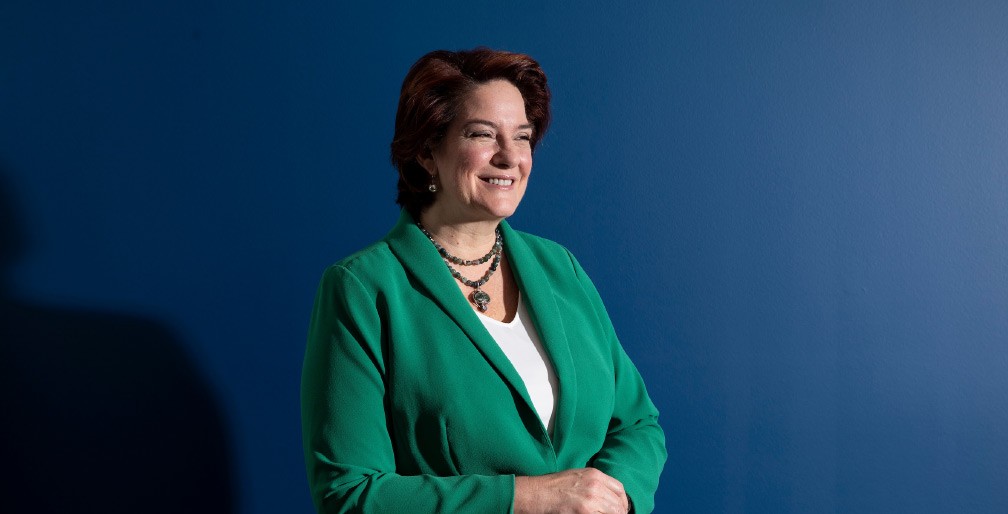The Ticker: Iceland Takes Aim at Another Recession
Iceland slipped into a recession earlier this year for a simple reason: Fewer people decided to travel to the island nation. It was tourism, after all, that had lifted Iceland’s economy out of the wreckage of its uniquely severe financial crisis earlier this decade—accounting for one-third of Iceland’s economy by 2015.
Then the tourist boom, fueled by low airfares, started busting. Growth in arriving vacationers began to slow back in 2017 and sharply decelerated last year. When budget airline Wow Air went bankrupt in March, its collapse sent ripples throughout Iceland’s economy—and the government sprang into action. The country’s central bank cut its main interest rate while warning of a contraction this year. Arion Bank now predicts a downturn as deep as 1.9%.
Scary stuff—but compared to the 10% decline in Iceland’s GDP between 2007 and 2010, not terrifying. Back then, the country’s three largest private banks collapsed, sending Iceland into an economic depression. Iceland’s crisis was the largest in the world during this period, relative to the size of its economy. It took the International Monetary Fund and Scandinavian neighbors to bail out the country to the tune of $4.6 billion.
“We have never been as well prepared in our history to deal with adverse situations as we are now.”
—Mar Gudmundsson, Iceland Central Bank governor, to Bloomberg
This time, government officials say they are ready. “We have never been as well prepared in our history to deal with adverse situations as we are now,” Central Bank Governor Mar Gudmundsson told Bloomberg in June. “We have policy space …to cut [interest] rates if necessary.”
The government can also throw money at the problem; it could roll out new stimulus spending instead of sustaining the budget surplus it expects this year. If this year’s recession proves mild and short, it could underscore the resiliency of Iceland’s economy and bolster its leaders’ post-crash reputation as turnaround artists. Few countries staged such a fast recovery from the 2008-2009 financial downturn. Having been through the fire 10 years ago, many Icelanders seem confident that the current downturn will be relatively mild. One potential indicator of this? Champagne sales at state-run liquor stores, which tend to rise in times of prosperity, were on track to set an all-time annual record as of July. The current record is from 2007, just before the big crash.
“Even though we are going through a slump, we will regain our former strength,” Skapti Orn Olafsson of the Icelandic Travel Industry Association told Bloomberg. “In 18 to 24 months we will hopefully be back on track.” At which point, there will be good reason to pop the bubbly.
This article appeared in the Fall 2019 issue of Insigniam Quarterly, with the headline “Bracing for a Downturn.” To begin receiving IQ, go here.



